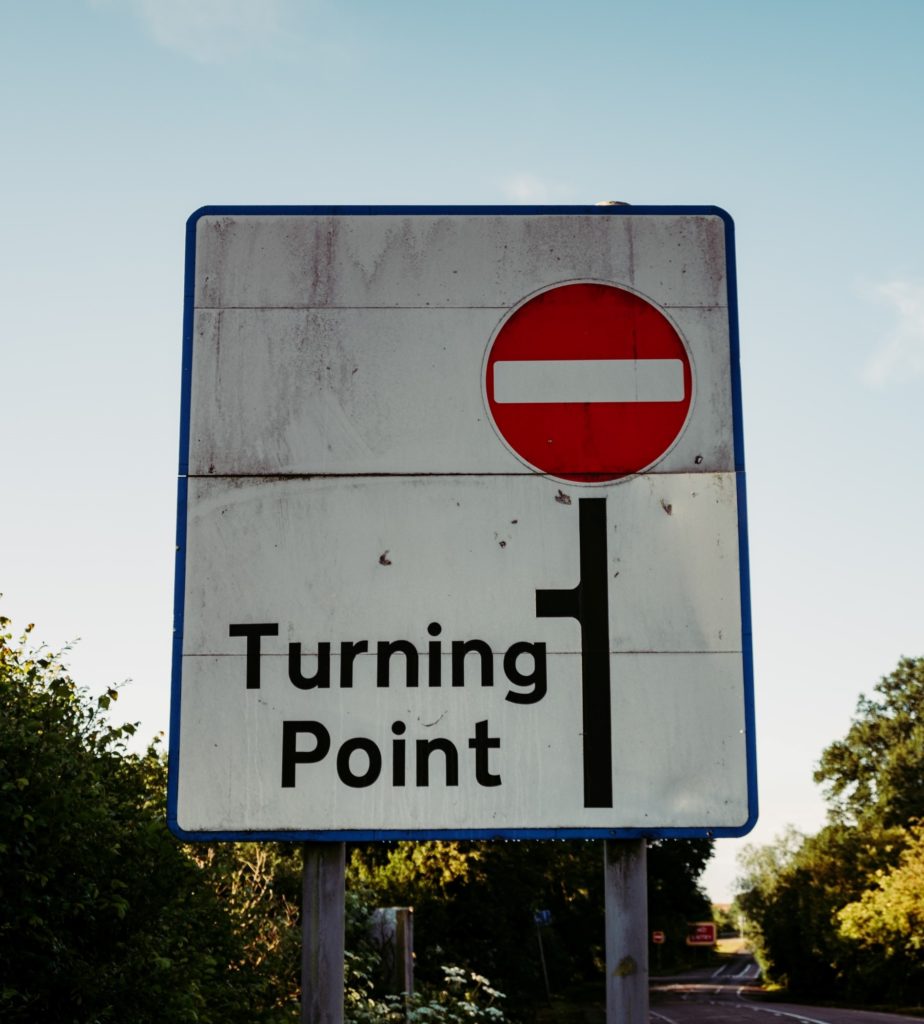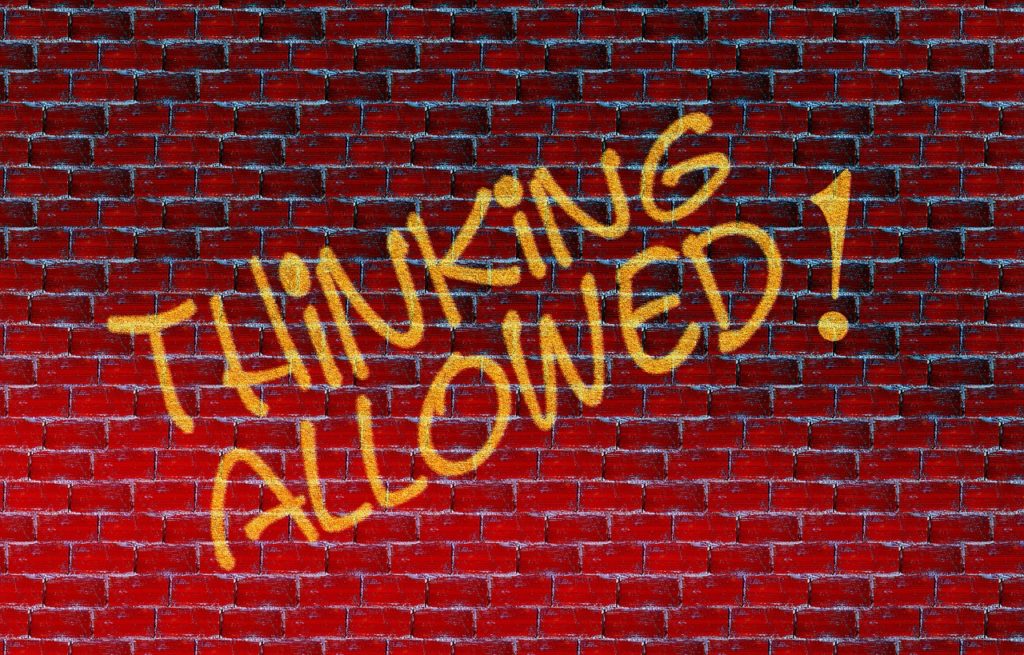
The world has changed over the last 3 years, including the economy and the job market. Whether this means more opportunities to work flexibly, or job losses and redundancies as some sectors have declined. So has this made you feel that it’s time for change in your career? Also, what does this mean if you’re job hunting, and how can you take advantage of these changes?
CV Writing

- Your CV needs to tell the story of your career. It should, therefore, help an employer to make sense of how you got from where you started, to where you are now
- Highlighting how your transferable skills make you a good candidate for the job you’re applying for is essential. Include relevant non-work skills that you’ve gained from things like voluntary work and hobbies too
- If you’re training for a qualification to help with a career change, put this near the top of your CV so it’s one of the first things that a recruiter sees
- Ideally amend your CV for each job you apply for. Show you meet the specific skills and experience being asked for, and you’re more likely to get an interview
- The good news is that once you’ve got a strong CV, you have the foundation of the information you’ll need to use for the rest of your job hunting journey
- Finally, use your CV to answer the question about what makes you unique and stand out from the crowd
Cover Letter

- Your cover letter is a short summary of your CV. Use it to highlight key achievements that show you’re a good fit for the job
- Most recruiters will take seconds to decide whether to put your CV on the ‘yes’ pile. Your cover letter is another tool to quickly highlight to the employer why you’ve got what they’re looking for
Job Applications

- If you’re looking for a change in career, be creative, but also realistic, about the jobs you’re interested in. Consider jobs you can apply for based on your transferable skills and any training or new qualifications you’re studying for
- A common mistake people make is thinking that the more jobs you apply for, the greater your chances of success. However, the opposite is true. You’re more likely to do well if you focus on writing a few, well thought through applications
- Be prepared to invest time in each application and look carefully at the skills and experience the company are asking for. Make sure that you cover all of these in your answers, and only copy from previous applications if the information really is relevant to your new application
Interview Preparation

- The old saying “fail to prepare and prepare to fail” is unfortunately true if you want to be successful in an interview
- Make sure you’ve read all the information the company has sent to you. They’ve done that for a reason, and you should think about how that could relate to questions you might be asked
- Research the company or organisation, and the interviewers too, if you’ve been given their names. You need to show your potential employer that you’re interested in their company, not that you just want any job
- If it’s a competency based interview, think of some examples for each competency before the interview. Have some examples too of situations where things didn’t go well, as this is a common question. Use it as an opportunity to show the interviewer what you learnt from it
- Be able to explain in a positive way why you want a change in career. Employers will understand if you’re looking for a better work / life balance, or a less stressful job. They won’t be impressed if your reason is just to have an easier life! If you’re taking a training course, or studying for a new qualification, show the interviewers that you’ve thought about how you could practically apply the theory from your course into the job you’re being interviewed for
If you’ve found these tips useful and would like help with CV writing, your cover letter, LinkedIn profile, job applications or to improve your interview techniques, please get in touch.

Leave a Reply